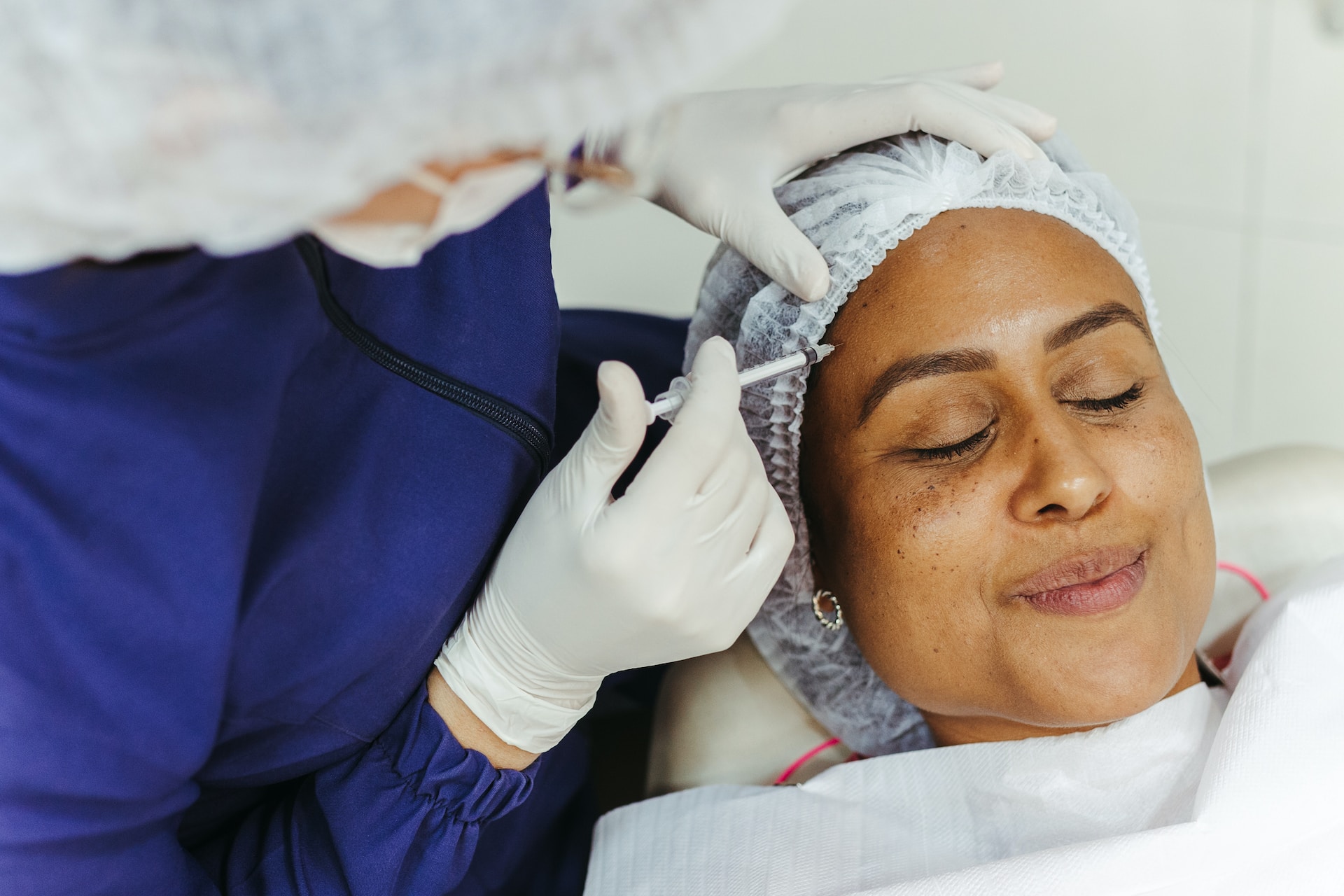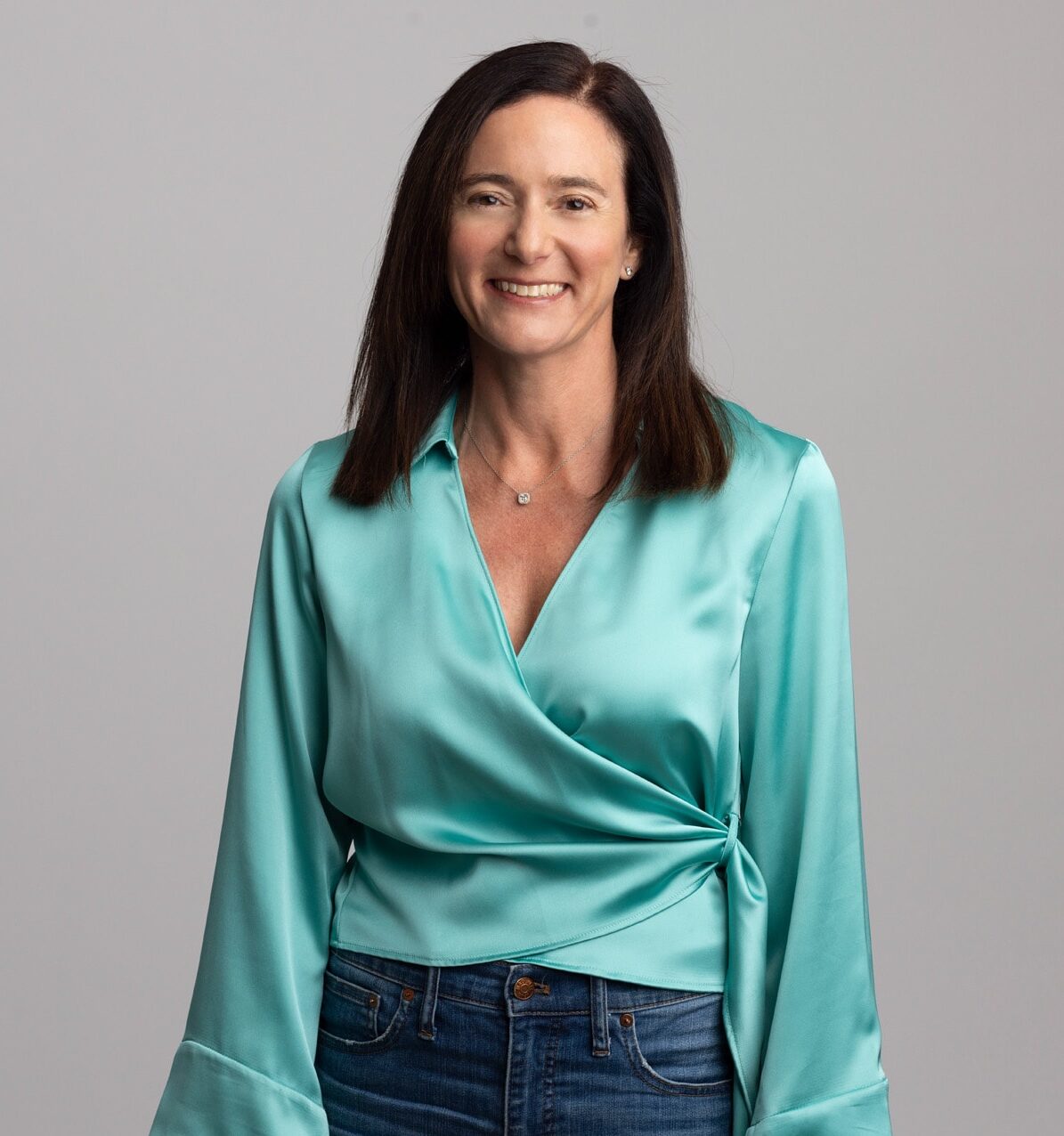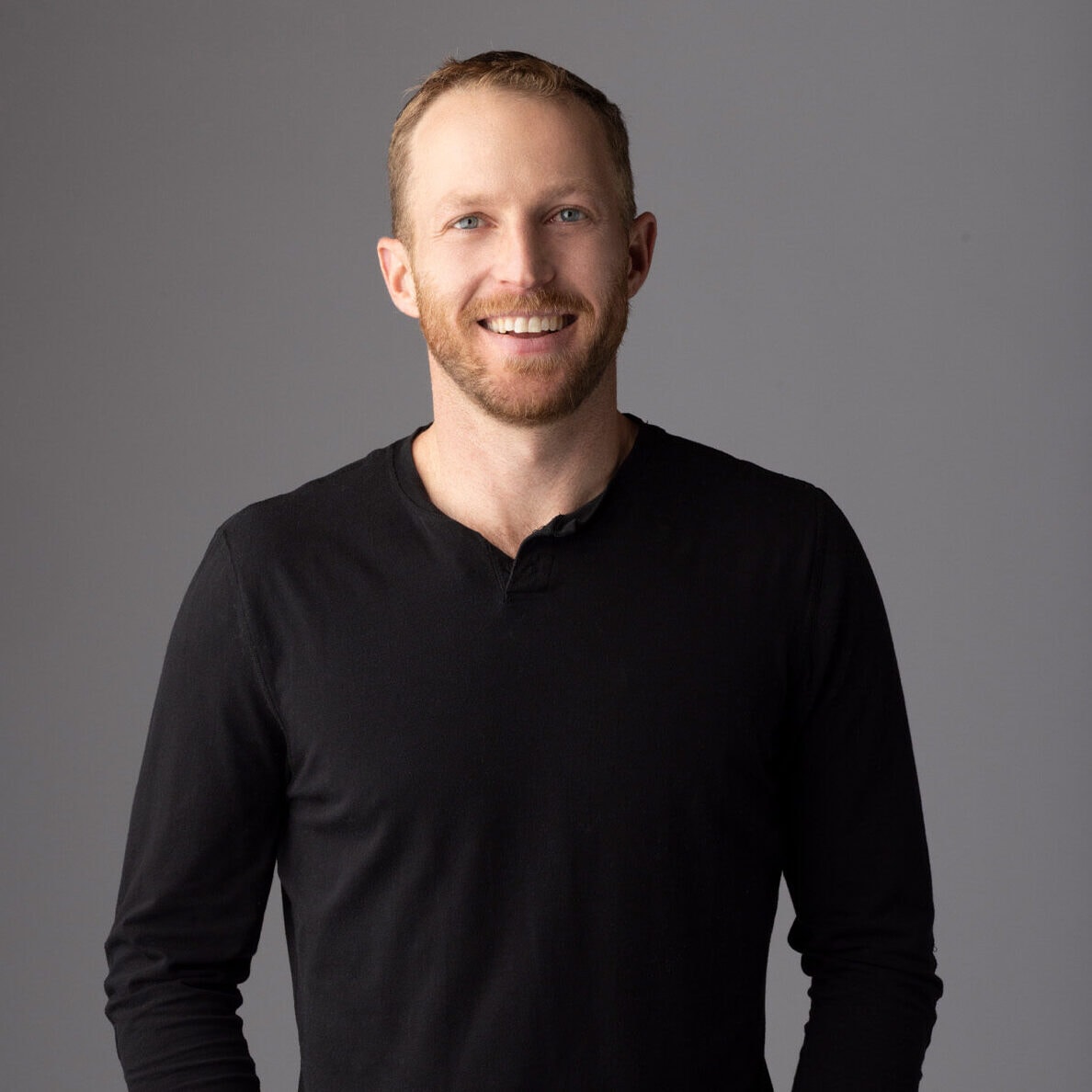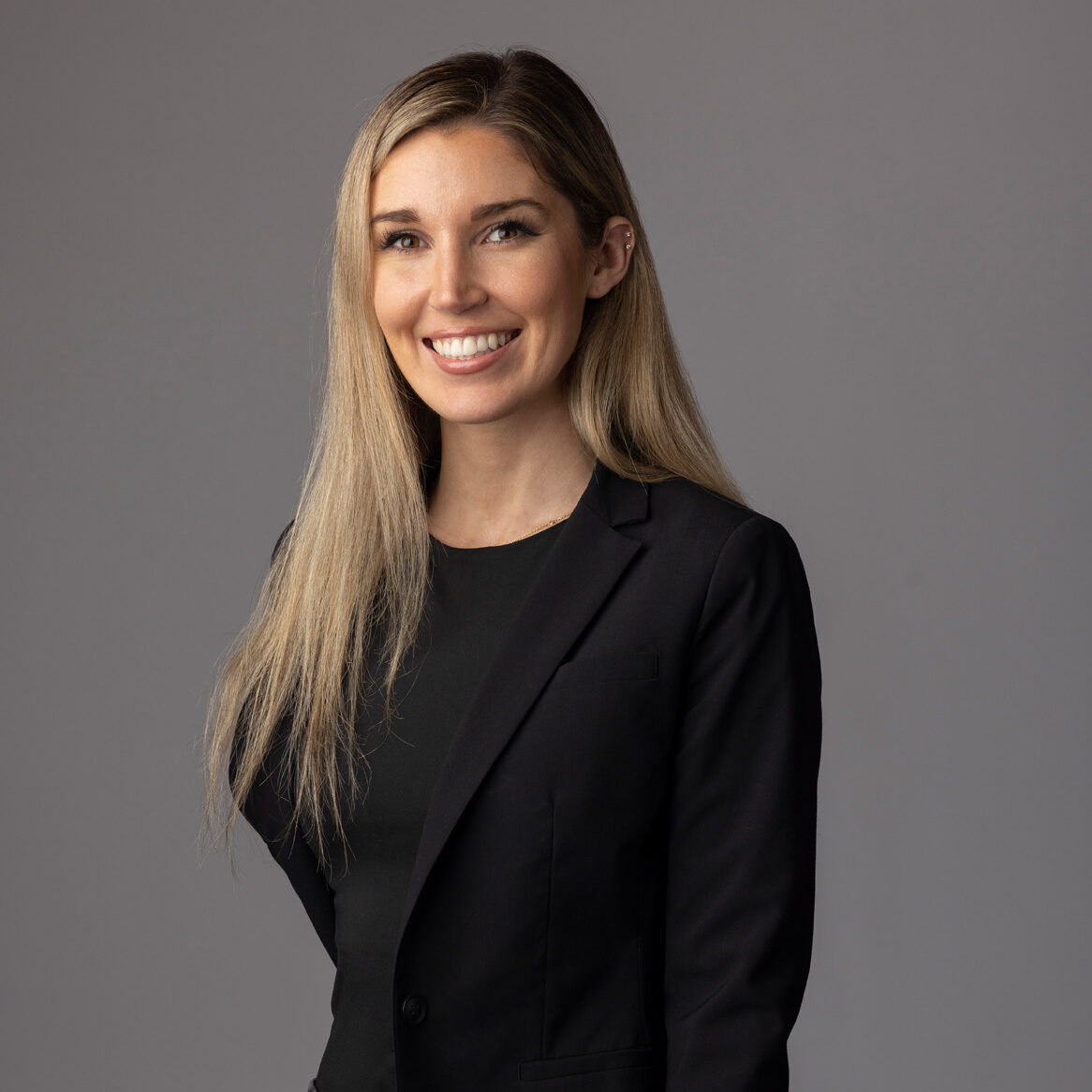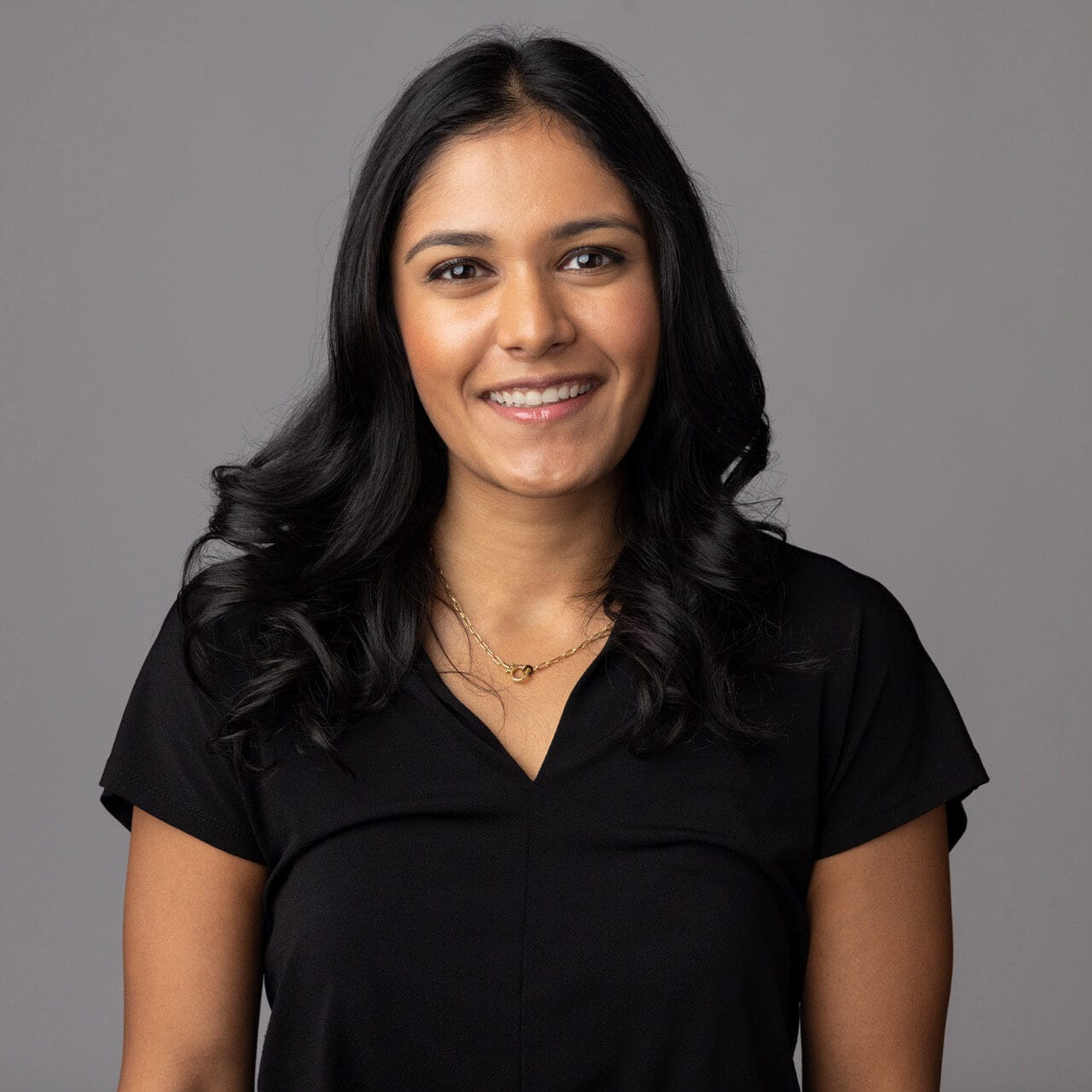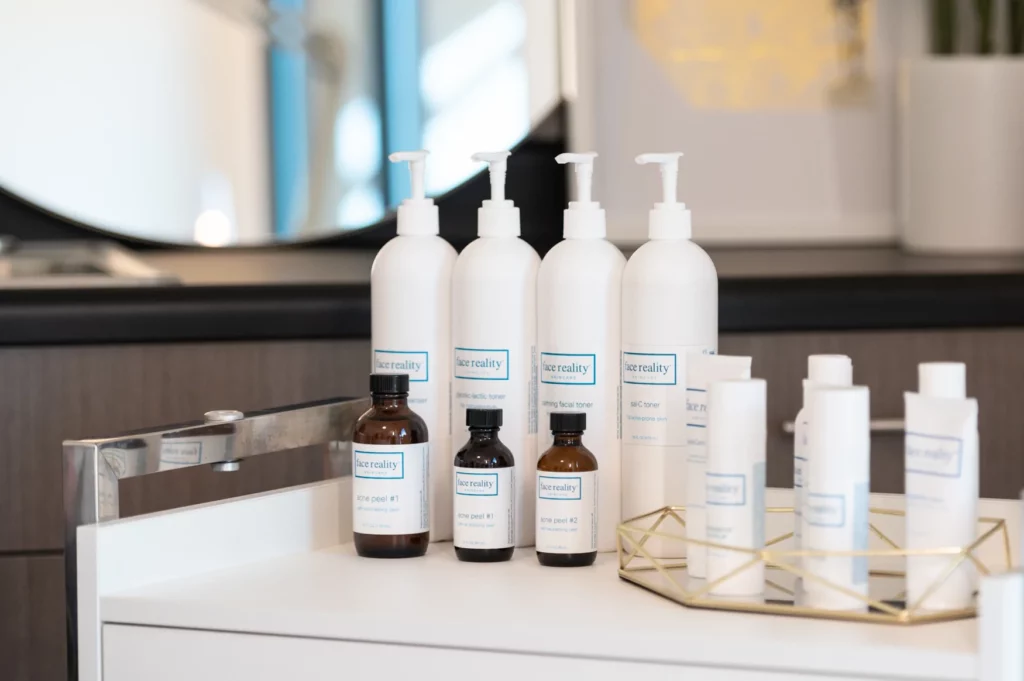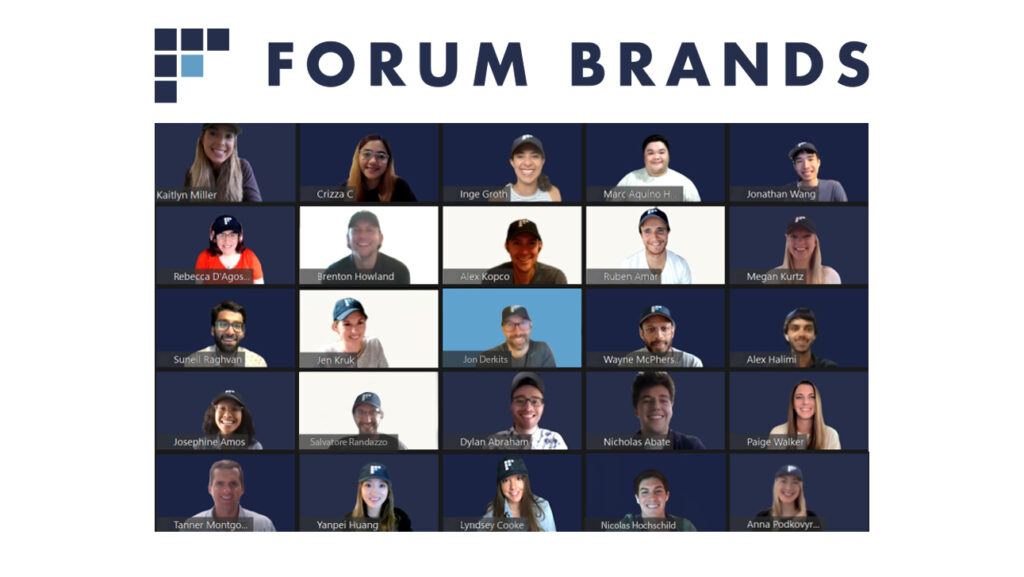Norwest has been following, and investing in, the clinical beauty and skincare industry for over a decade, partnering with companies like PCA Skin, Maëlys, Forum Brands, Face Reality and Aesthetic Partners. Over that time, we have observed both growth and considerable change. One of the most significant trends is consumers’ increasing willingness to spend on solutions that are clinically proven and backed by science. Whether it’s anti-aging, acne, or wanting to enhance specific features, buyers continue to gravitate toward clinical beauty and skincare.
During the first half of 2023, prestige beauty sales grew to $14 billion, representing a 15 percent increase over the prior year. Within the prestige skincare market, face serums, body sprays, and facial cleansers were the top gainers. Clinical skincare brands accounted for the majority of sales gains through the year.
Three impactful trends are behind the growth in clinical beauty and skincare:
- Products that offer an effective solution to a specific problem. Often, the goal is not to cover up one’s appearance but to improve or solve whatever concern they may have. Younger consumers are entering the category searching for preventative treatments, while legacy consumers are continuing or ramping up their treatments as they age.
- Consumers who want faster, science-backed results. They crave results they can see and are faster to trust the credentials of clinically proven brands. At the same time, they’re moving across the spectrum from topical care, to non-invasive procedures to plastic surgery over time.
- Customers who value ingredient transparency, honesty, and customization. According to McKinsey, nearly half of Gen Z conduct extensive research on product ingredients and their benefits before purchasing, similar to millennials. As consumers gain more knowledge, they’re looking for guidance from licensed experts and seeking out products and ingredients that are backed by science.
Norwest Has Deep Experience in Clinical Beauty and Skincare
At Norwest, we focus on problem-solution brands. Imagine a customer with “in your face issues” like acne or dark spots. Instead of clicking on a pop-up ad on Instagram, they are more likely to search for a solution that’s backed by science and has verifiable claims. And once they find a solution that works, they’ll spread the word to their friends. Word-of-mouth buzz is an important contributor to growth and profitability for companies in this space.
PCA Skin was one of our earliest investments in this field, more than 10 years ago. It was at the forefront of the trend toward clinical beauty and skincare. Known for its lunchtime peels, they were driving real results with little downtime. From initially serving individual aestheticians, it expanded its distribution channels to doctors and medspas, adding new products and clinical research along the way. PCA Skin became one of the fastest-growing skin-health brands in the physician and aesthetician markets when we sold it to Colgate-Palmolive in 2018.
More recently, we partnered with Face Reality, which developed a skincare line that targets acne and partners with aestheticians to train and teach results driven protocols. With frequent visits to your local Face Reality aesthetician and use of at home Face Reality products, most customers see visible results in just 90 days. In addition, it recently launched two supplements, which is another product category we think will expand over the next five years.
Consumers also seek these clinical-level products in traditional sales outlets. Maëlys, a body-sculpting cosmetic brand, anticipated the evolution of anti-aging treatments for the face to other parts of the body. As facial skincare has become part of daily routines, many consumers have naturally taken the next step to applying the same care to their bodies. The brand leverages powerful, authentic before-and-after images to drive sales on Maelyscosmetics.com, Amazon, Ulta and Shoppers Drugmart in Canada. Another Norwest portfolio company, Forum Brands, owns Trilastin and Nuvadermis, which serve customers with scars and other conditions involving skin texture. Amazon is another place consumers increasingly go to start their search for solution products.
Lastly, people are rapidly increasing spend on beauty services, particularly neurotoxins, fillers and other injectables. These services are typically performed in medspas by licensed professionals. While there are an estimated 8,000 medspas across the U.S., over 80 percent are single-location, owner-operated. This surge in demand requires these medspa owners to scale their business, update regulatory oversight and streamline their operations. Aesthetic Partners, a Norwest portfolio company, helps leading clinics navigate these challenges. The company assists with opening new locations, hiring and training new injectors and improving margins. Aesthetic Partners operates 17 locations across 5 different brands, including a recent partnership with Columbus Aesthetics and Plastic Surgery (CAPS).
All the companies in our portfolio either emphasize the science, education and training, or testing behind their products. For example, PCA runs a Skin Academy to train providers, while Face Reality requires providers to complete their proprietary certification course that educates them on how to incorporate products into treatments customized to individual client’s needs as their skin heals and changes.
Demand for Clinical Beauty Driven by Dynamic Market
The market for beauty products is broadening and we see even more opportunities for independent players in the space. Younger consumers looking for preventative products are more willing to spend a larger share of wallet on health, wellness, and personal care in general. They’re also not shy about discussing their use of products and services, especially over social media. In addition, men are becoming a significant part of the market. Not to mention, the widespread use of Zoom (and the constant viewing of oneself on camera) has prompted many people to think more about their appearance and buy products to enhance it.
Because providers employ multiple sales channels, they are able to optimize the customer experience. PCA Skin and Face Reality both built their brands through professionals, with whom they build strong relationships through training, support, and customer referrals. Maëlys has a direct-to-consumer model that offers a high degree of specialization to match products with individual customer’s goals.
Large segments of consumers have become accustomed to buying products online and applying them at home. In many cases this leads to greater interest in the potential benefits of on-site services such as those provided by medspas and aestheticians. Significant opportunities exist for “markets of one”: products that are customized for knowledgeable customers who have well-defined criteria for ingredients and expected outcomes. Finally, there is potential for new delivery models: at-home sales (perhaps supplemented by video demonstrations or 1:1 guidance) and hybrid business models blending home and salon experiences.
How Clinical Beauty Brands Can Maximize Their Valuations
Clinical beauty is a fast-growing sector in the personal-care industry, creating numerous opportunities to introduce new products and different approaches to an expanding market. How can leaders and entrepreneurs in clinical beauty and skincare seize these opportunities? Here is our advice.
- Focus on a specific customer pain point. Orient your product or service around a known problem for which a large number of consumers are seeking a solution, and for which current approaches have disadvantages such as price, ingredient quality, or efficacy.
- Address discerning customers’ primary concerns and motivations. Customers are smarter than ever and demand to know exactly what’s in the products applied to their bodies. Provide clear explanations of all ingredients as well as evidence in support of purported benefits. For on-site services, give customers confidence in the capabilities and expertise of providers. Understand reasons for customer churn. How many are unhappy with the results? How many are unhappy with their provider experience? The answers to these questions are key to charting the right course.
- Pay close attention to the labor market and employee retention. We continue to see labor shortages in selected occupations within the beauty sectors. Some providers are building relationships with training schools to hire qualified personnel. Many are investing in additional training and ongoing education to boost employee retention.
- Stay ahead of the evolving regulatory environment and clinical beauty trends. Many states are changing their regulatory approach, strengthening requirements for licensing both businesses and individuals. Companies pursuing a multi-state strategy could be impacted by different regulations among states. To capitalize on trends, beauty brands should consider partnering with credible organizations and influencers for their go-to-market strategy. For a recent example, look no further than Maëlys, which recently partnered with a dermatologist influencer to promote their newly launched serums.
At the core of clinical beauty is the conviction that products should lead to visible improvements in appearance. Clinical beauty is blurring the line that previously separated the health and beauty markets. Today, a growing segment of consumers are scrutinizing the quality and efficacy of beauty products that go on or under their skin.
